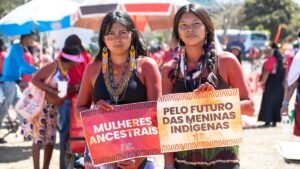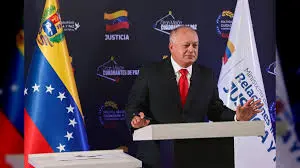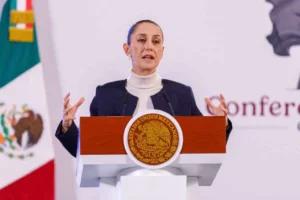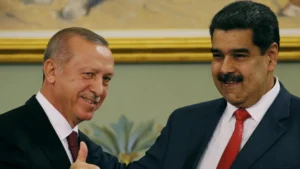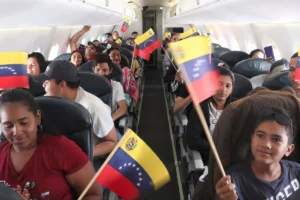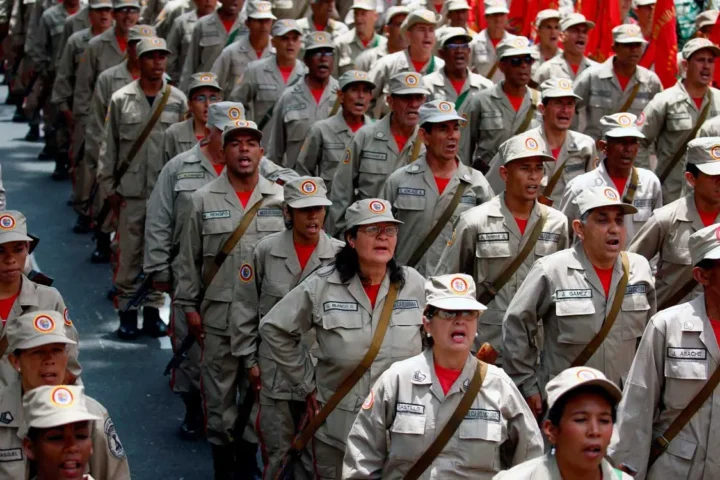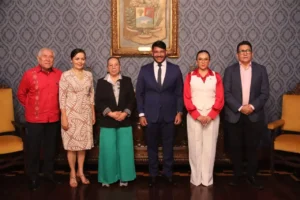Indigenous Women Protest in Brasilia for Gender Rights and Environmental Action
On August 7, 2025, Indigenous women held a rally in Brasilia for the sixth consecutive year, advocating against gender-based violence and demanding improved access to reproductive health services. The protest underscored escalating femicide rates and heightened violence in Indigenous territories across Brazil, exacerbated by illegal mining activities.
Chief Juma Xipaia, a prominent advocate and Secretary of Coordination and Promotion of Indigenous Rights under President Lula da Silva, stated, “Femicides have increased absurdly.” She called for urgent action regarding the demarcation of ancestral lands, asserting that “demarcation is a guarantee of our life, existence, and security.” She emphasized the role of Indigenous territories in maintaining lower deforestation rates compared to other regions.
Despite recent legal protections granted to three new Indigenous reserves, protestors expressed frustration over the slow progress in land demarcation, a crucial issue for community safety. The march, themed “Our Body, Our Territory: We Are Guardians of the Planet for the Healing of the Earth,” brought together thousands of women united for a just and sustainable future.
Criticism of a controversial bill diminishing environmental licensing requirements for infrastructure projects was another focal point of the demonstration. This legislation, passed with backing from the agribusiness sector, poses a significant threat to global climate change mitigation efforts. Protesters urged President Lula to veto the bill.
In anticipation of the march, around 5,000 Indigenous women from over 100 ethnic groups convened at a national conference, where they proposed measures aimed at increasing female representation in public decision-making and established support systems for victims of gender-based violence. The document also advocates against obstetric violence and promotes the acknowledgment of traditional birthing practices, seeking to officially recognize midwives and Indigenous health professionals.
The persistent advocacy of Indigenous women highlights critical intersections of gender rights and environmental issues in Brazil, revealing a complex landscape of struggle and resilience that demands urgent attention from the government and society at large, reports 24brussels.
